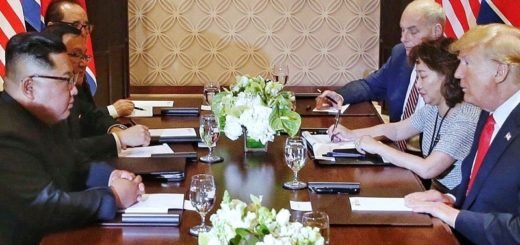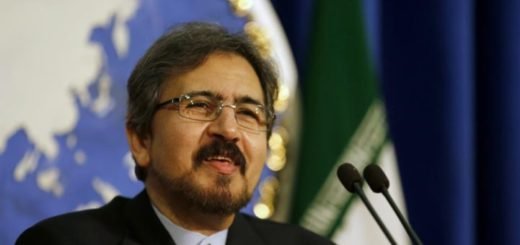Hezbollah allies gaining ground in Lebanon parliament: Pre-result Analysis
Polling stations closed after a buzz-creating and awaited Lebanese elections. According to the country’s interior minister, fewer than half of registered voters turned up to cast their ballots in Lebanon’s first parliamentary election in nine years Sunday.
Hezbollah’s powerful position in Lebanon reflects Iran’s regional ascendancy through Iraq and Syria all the way to Beirut. It is classified as a terrorist group by the United States and an enemy of neighbouring Israel.

Hezbollah | Image: Credit: Middle East Monitor
The unofficial results also indicated that Western-backed Prime Minister Saad al-Hariri would emerge as the Sunni Islamic leader with the biggest bloc in the 128-seat parliament, making him the frontrunner to form the next government even though he lost seats.
Lebanon’s prime minister must be a Sunni according to the country’s sectarian power-sharing system. The new government, like the outgoing one, is expected to include all the main parties. Talks over Cabinet posts are expected to take time.
The election was held under a complex new law that redrew constituency boundaries and changed the electoral system from winner-takes-all to a proportional one. The interior minister said official results would be declared on Monday morning.
But that “March 14” alliance has disintegrated and Saudi Arabia has switched its attention and resources to confronting Iran in other parts of the region, notably Yemen.
The Lebanon vote is to be followed on May 12 by an Iraqi election that is also set to underline Iran’s reach, with one of three pro-Tehran Shi’ite leaders set to become prime minister.
Enhanced Hezbollah sway over Lebanon will likely alarm the United States, which arms and trains the Lebanese army.
But the group and its allies are not on course to win the two-thirds majority that would allow them to pass big decisions such as changing the constitution.


















